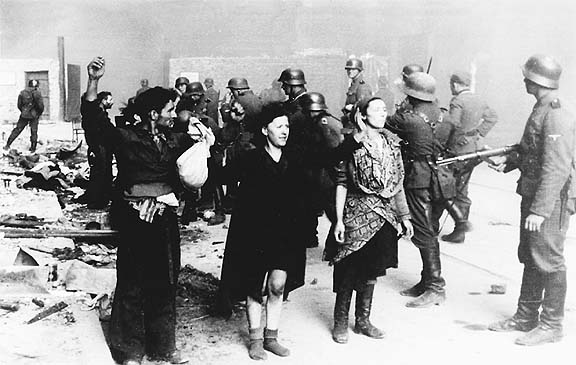January 27 is International Holocaust Remembrance Day, designated thus by the United Nations General Assembly. As the anniversary of the liberation of Auschwitz-Birkenau, one of the most recognizable concentration camps in Holocaust history, the day was chosen most clearly to recognize and honor those who were lost and those who survived throughout the entirety of the period, through the Nazis' "Final Solution" and other horrors of war. According to the United States Holocaust Memorial Museum:
“On this annual day of commemoration, the UN urges every member state to honor the victims of the Nazi era and to develop educational programs to help prevent future genocides.” (USHMM 2018)
The stories are familiar to us, but the younger we are, the more abstract they become. We remember the names and atrocities of people like Josef Mengele; we watch documentaries about Auschwitz and Terezin, opens a new window, and read online articles about the Holocaust, but have little connection to the first-hand accounts that come from survivors and their children, unless we personally know them.
The impact of first-person accounts when it comes to this kind of history is powerful. Events like To Tell Our Stories: Holocaust Survivors of Southern Arizona, which is next happening at the Joyner-Green Valley Library in February, help us to understand an experience that is generations away from today, yet so close that we still experience the fallout in some ways. Or, if someone is unable to attend, they can read the collection of accounts:
The UN's International Holocaust Remembrance Day is not the same as Yom HaShoah, which is usually in April. Yom HaShoah, or Day of Remembrance, often includes religious ceremonies and a reading of names—sometimes for the full day. The day moves in the Gregorian calendar, but is the same day in the Hebrew one: the eve of Passover, and the anniversary of the start of the Warsaw Ghetto Uprising, opens a new window.
The adage says that those who do not know their history are bound to repeat it. We have days like this one to keep such atrocities in our memory, so that we can prevent it from happening again.



